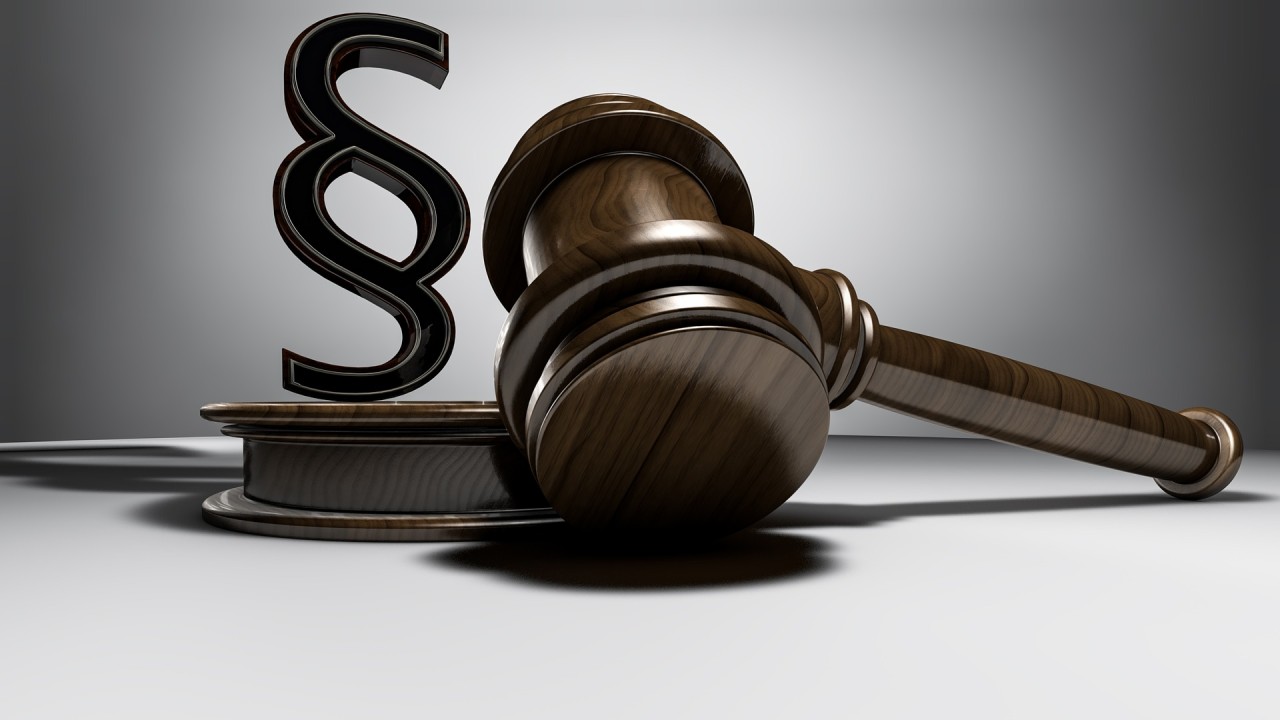Most attorneys will, at some point or another in their careers, find they have failed to make a court appearance. When that happens, an order to show cause (OSC) will issued requiring the attorney to explain to the court what happened. Hopefully, the attorney can give a good reason for the absence and avoid sanctions.
Most attorneys will not, it is to be hoped, do what the attorney did in Am. Express Bank FSB v. Singh (D4d2 Dec. 30, 2020) No. E074042. That attorney was required to show cause for his failure to personally appear (which, in 2019, had not yet become extraordinary). He had been required to personally appear because, it appears, he had forged his clients name on a substitution of attorney form when seeking to withdraw as counsel. Instead of personally appearing, the attorney appeared by telephone.
That attorney, you will not be shocked to learn, did not avoid sanctions of $1,000, which he was required to report to the State Bar.
That attorney did, however, reverse the sanctions on appeal, as the sanctions order lacked a specific statement of the conduct being sanctioned. But unfortunately for the attorney, that will not do him any good.
The opinion, while giving the attorney a nominal victory, offers him no solace. As the Fourth District explained, Code of Civil Procedure section 177.5 gives the trial court broad authority to impose sanctions for violating court orders. The Court also noted that the record, even despite lacking a transcript of oral proceedings, amply supported the imposition of sanctions.
The Court also suggested that attorney might have argued whether "personal" appearance did not contemplate the use of a telephone, but that attorney apparently conceded that he needed to be physically present in the courtroom.
But the Court begrudgingly reversed because section 177.5 requires that "[a]n order imposing sanctions shall be in writing and shall recite in detail the conduct or circumstances justifying the order." Here, the trial judge simply ordered sanctions, citing legal authority, but making no record whether the sanctions were for the apparent forgery, or for the failure to personally appear.
(The Court indicated the trial judge appeared to intend to sanction the attorney for the failure to personally appear, not for forging his client's signature. And the trial court specifically intended that that failure – and not the forgery of his client's signature – be reported to the State Bar. An odd way to wield the sanction power.)
"Nevertheless," concluded the Court, putting a final pin in attorney's balloon, "[o]n remand, the court will be able to reenter its order with adequate justification."
In other words, the trial judge is invited to enter the same order as before, so long as it includes an explanation of the conduct or circumstances justifying it this time.
Tim Kowal helps trial attorneys and clients win their cases and avoid error on appeal. He co-hosts the Cal. Appellate Law Podcast at www.CALPodcast.com, and publishes a newsletter of appellate tips for trial attorneys at www.tvalaw.com/articles. Contact Tim at tkowal@tvalaw.com or (714) 641-1232.

